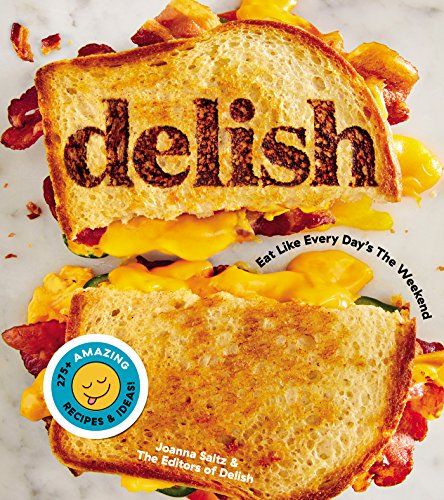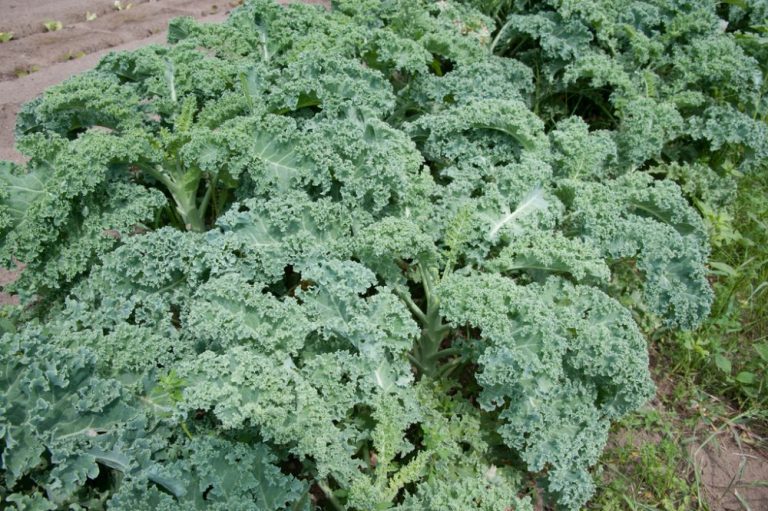
Kale is heralded for its ample supplies of calcium, magnesium, potassium, Vitamin K, and various healthful phytochemicals and anti-oxidants. But the superfood is hiding a nasty secret: dangerous levels of heavy metals.
In a recent study, molecular biologist Ernie Hubbard found that kale—along with cabbage, broccoli, cauliflower, and collard greens—is a hyper-accumulator of heavy metals like thallium and cesium. What’s more, traces of nickel, lead, cadmium, aluminum, and arsenic are also common in greens, and this contamination affected both organic and standard produce samples.
The source? Its soil. “If it’s left in the ground, the leafy greens are going to take it up,” Hubbard told Craftmanship magazine.
This news gives us pause because kale has taken the culinary world by storm over the last few years: Back in 2007, the U.S. Department of Agriculture recorded 954 farms harvesting the green, but by 2012 the number of growers soared to 2,500. It’s become the “it” vegetable, getting juiced, sautéed, steamed, folded into smoothie bowls, baked into chips, and so much more.
Thallium has been a common ingredient in rat poison. It’s tasteless, odorless, and nearly colorless. While those who tested positive hadn’t consumed poisonous levels of the metal, it was enough to cause fatigue, heart arrhythmia, nausea, digestive trouble, neurological problems, and hair loss. The scariest part is that even after patients completed detoxification regiments, thallium continued to show up in their systems.
For example, the thallium levels of a 52-year-old female vegetarian, who both exercises for two hours and consumes kale on a daily basis, measured 0.7 parts per milligram—that’s seven times higher than what has been deemed the “threshold limit.”
And while toxins are nearly everywhere in our industrial-run world, it’s not an exaggeration to be concerned about these findings. “We now know that heavy metals are additive and synergistic,” says David Quid, the lead scientist at Doctors Data, who has an PhD in nutritional biochemistry. “If you get a little thallium, and a little lead, and a little cadmium in your system, you’ve got one plus one plus one equals five or six, not just three.” In other words, these metals do more damage when they’re combined.
“This stuff bioaccumulates,” he added. “Down the road, it’s going to kick you in the ass one way or another.” Okay, so we don’t have to panic—yet.
That said, is THIS the new kale? It’s twice as healthy, and kind of tastes like bacon…
Follow Delish on Instagram.






